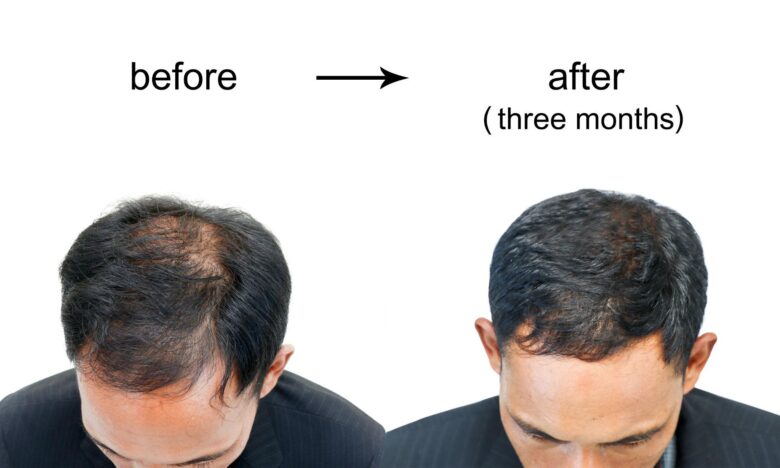
Hair Loss Treatments for Men Over 40
For many men over 40, hair loss can be a frustrating and worrisome issue. As we age, our bodies go through numerous changes, and hair thinning or baldness can often be one of the more visible signs. Fortunately, there are numerous hair loss treatments that can help restore hair growth or at least manage hair loss effectively. This article will explore various options available, suitable for men who are navigating through this challenging phase.
Understanding Hair Loss in Men Over 40
Before delving into treatment options, it’s essential to understand the causes of hair loss in men over 40. The most common cause is androgenetic alopecia, also known as male-pattern baldness. Other factors can include:
- Genetics
- Hormonal changes
- Nutrition deficiencies
- Stress and lifestyle factors
Effective Hair Loss Treatments for Men
1. Medical Treatments
Several medically-proven treatments can aid in combating hair loss:
- Minoxidil (Rogaine): A topical solution that is applied directly to the scalp. It is FDA-approved and encourages hair regrowth in men.
- Finasteride (Propecia): An oral prescription medication that works by blocking DHT, a hormone responsible for hair loss.
- Low-Level Laser Therapy (LLLT): A non-invasive therapy that uses laser light to stimulate hair follicles. Devices like helmets or caps that utilize LLLT are widely available.
2. Hair Transplant Surgery
For men with significant hair loss, hair transplant surgery can provide a more permanent solution. This involves moving hair follicles from a donor site on the scalp to balding areas. The two most common techniques include:
- Follicular Unit Transplantation (FUT): A strip of skin with hair follicles is removed and transplanted.
- Follicular Unit Extraction (FUE): Individual hair follicles are extracted and transplanted.
3. Natural Remedies and Lifestyle Changes
Some men may prefer natural remedies or lifestyle changes to address hair loss. While scientific backing may be limited, these approaches can promote overall health:
- Nutritious Diet: Consuming vitamins and minerals like biotin, zinc, and iron can support hair health. Foods rich in these nutrients include eggs, nuts, and leafy greens.
- Scalp Massage: Regular massages can increase blood circulation to the scalp, potentially promoting hair growth.
- Reduce Stress: Managing stress through mindfulness or physical activity can also help minimize hair loss.
Practical Tips for Managing Hair Loss
Managing hair loss can be easier with the right strategies. Here are some practical tips:
- Choose the right hairstyle to complement thinning areas.
- Use volumizing products to enhance hair appearance.
- Maintain a healthy lifestyle incorporating exercise and balanced diet.
- Consult a dermatologist for personalized advice.
Case Studies: Success Stories
Many men have successfully navigated hair loss with appropriate treatments. Here are a couple of brief case studies:
| Name | Age | Treatment Method | Results |
|---|---|---|---|
| John Doe | 42 | Minoxidil + Diet | Visible regrowth in 6 months |
| Mark Smith | 45 | FUE Hair Transplant | Full results in 1 year |
First-Hand Experience: A Personal Journey
Many men find strength in sharing their experiences. Here’s a brief narrative from one individual:
“At 40, I noticed my hairline receding, which hit my confidence hard. After trying minoxidil without much success, I consulted with a specialist who suggested a FUE hair transplant. It’s been a year since my procedure, and I can’t express how much of a difference it has made. I feel like myself again, and I have learned to embrace this new chapter with pride.” – Alex R.
Conclusion
Hair loss in men over 40 is a common issue, but it doesn’t have to be a source of distress. With a variety of treatments available—from topical treatments to surgical options and lifestyle changes—there are effective ways to manage and combat hair loss. It’s crucial to consult with a healthcare professional to find the most suitable treatment tailored to individual needs. Remember, the journey towards hair restoration can be personal, and seeking support from professionals or peers can help you navigate through it successfully.










